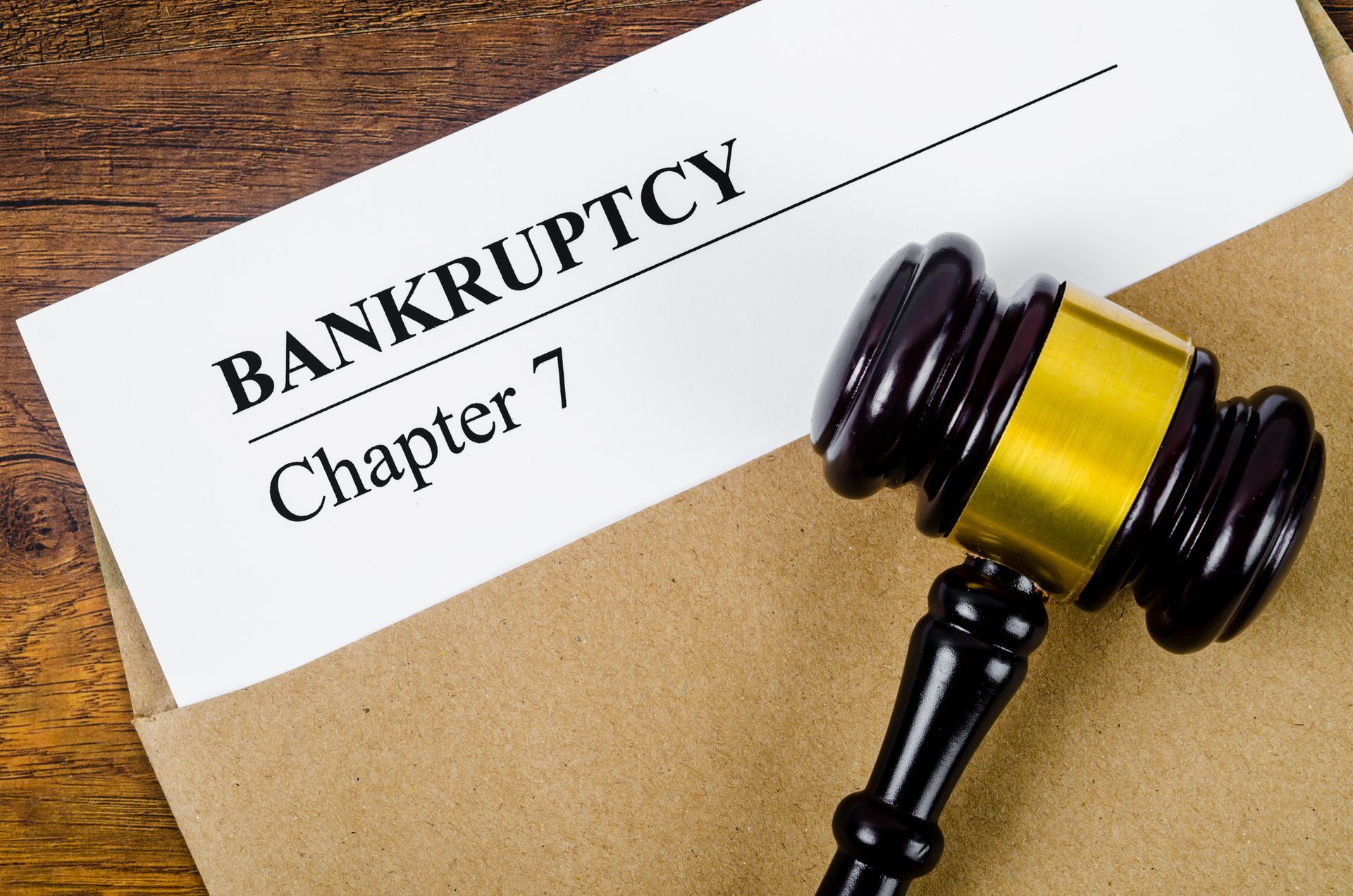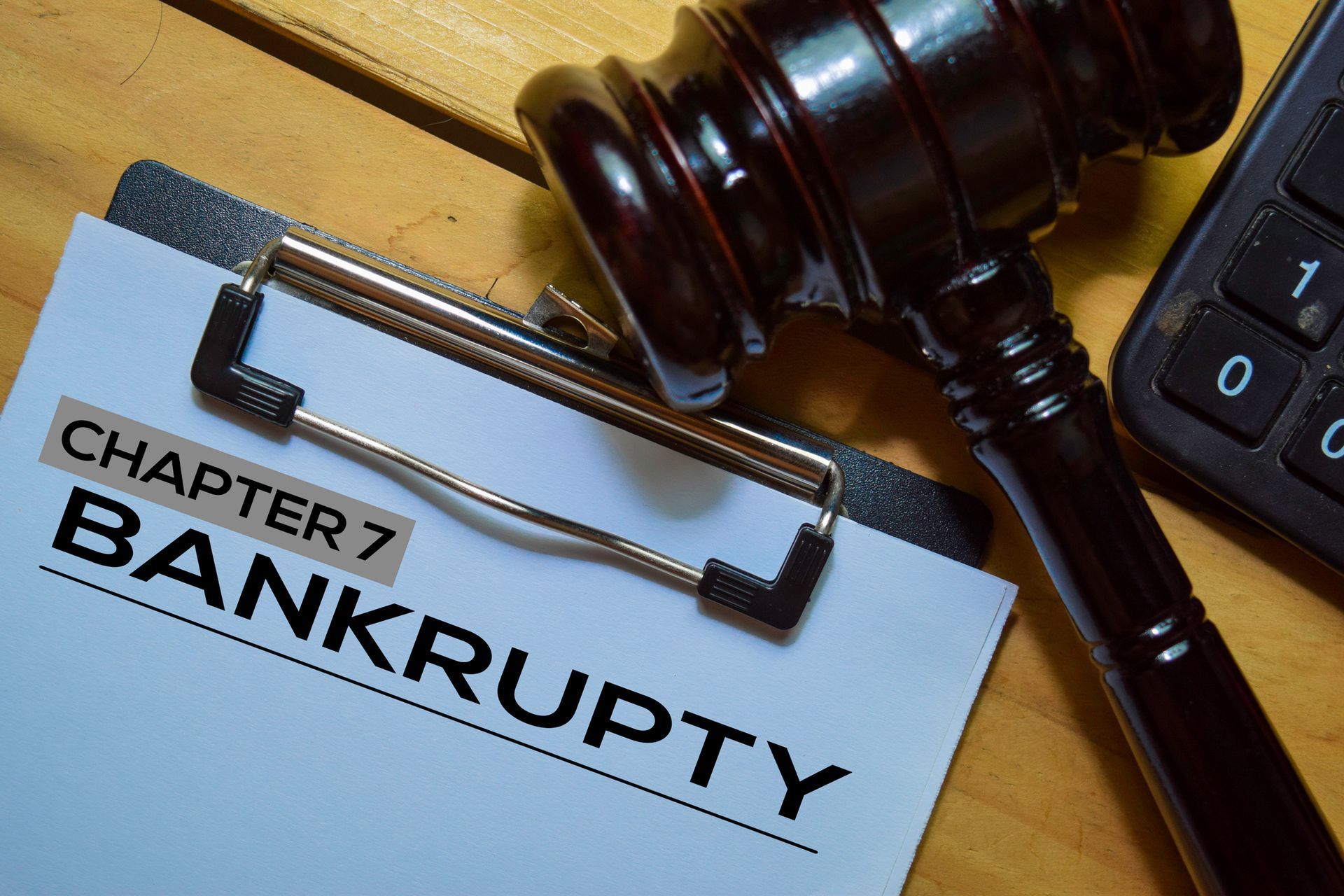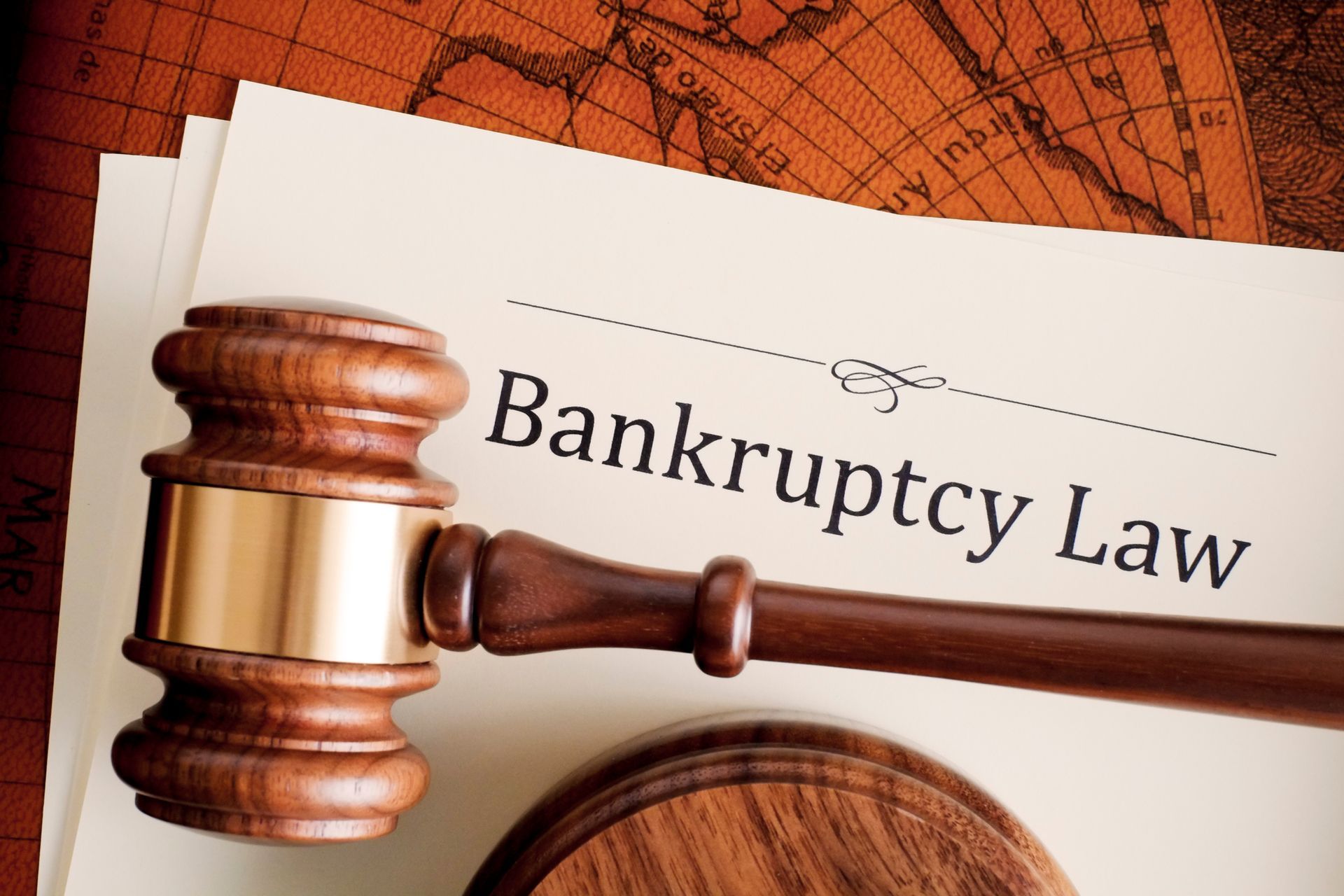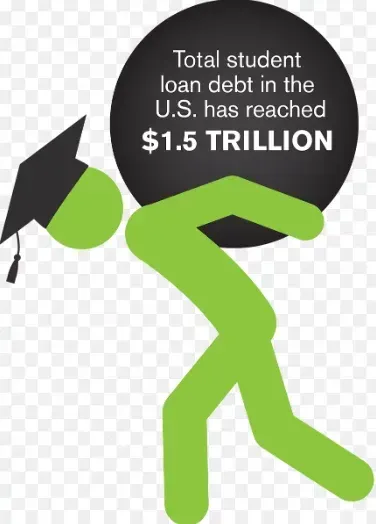When to Call a Bankruptcy Lawyer: 5 Clear Signs
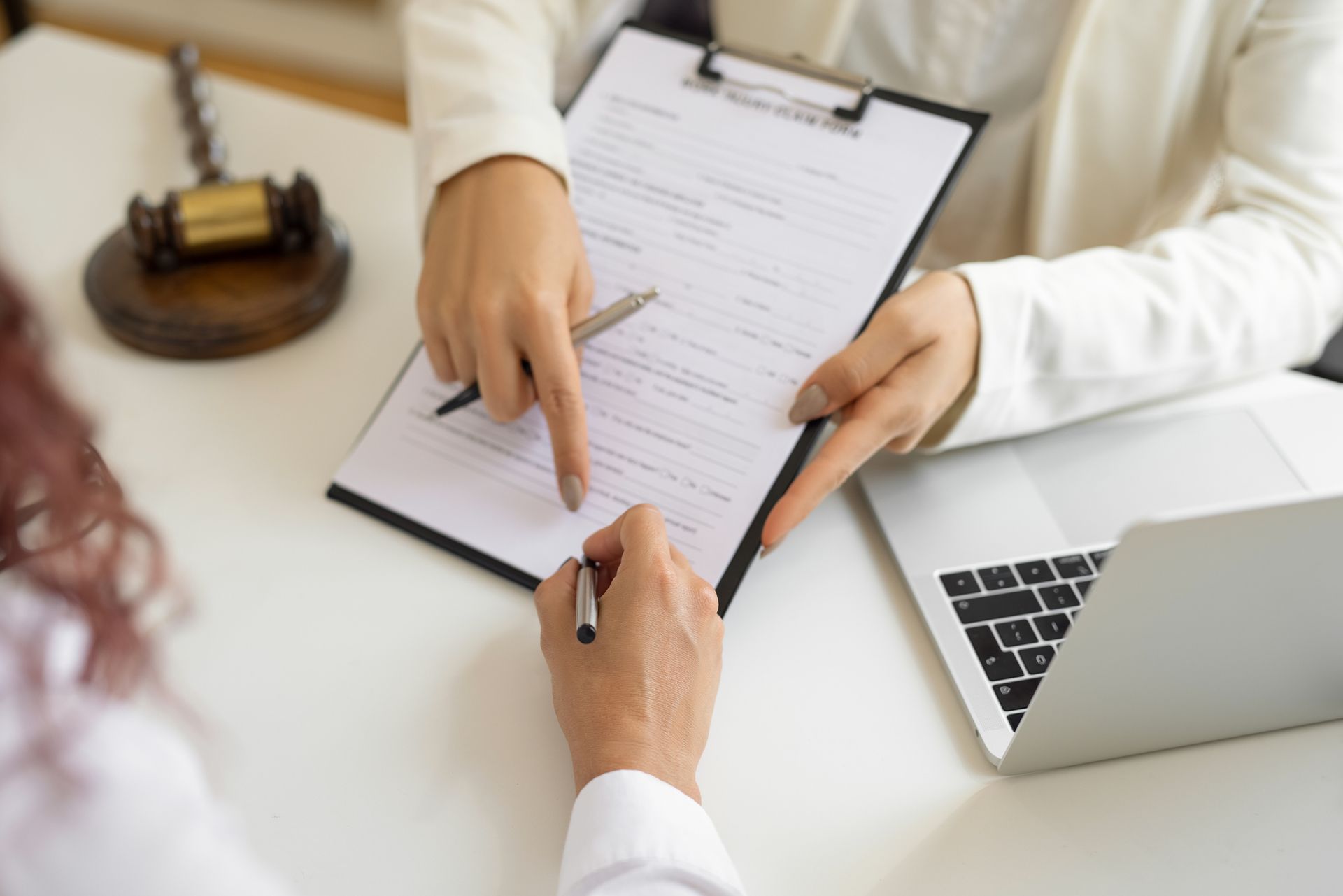
If you're feeling overwhelmed by mounting debt, missed payments, or constant calls from creditors, you're not alone—and you're not without options. Many individuals reach a point where financial stress begins to affect every part of life, from relationships to health. That’s where this guide comes in. In this article, we’ll explore five clear signs that it may be time to contact a bankruptcy lawyer in West Allis, WI. Whether you’re facing wage garnishment, lawsuits, or the looming threat of foreclosure, knowing when to seek legal help can make all the difference. With experienced professionals like Credit Solutions S.C. right here in West Allis, you can begin to understand your options without fear or judgment.
Is It Time to Consider a Bankruptcy Lawyer? These Signs Say Yes
1. You're Falling Behind on Payments
If due dates keep slipping by and you’re struggling to keep up with credit cards, your mortgage, or even utility bills, it’s more than just a temporary setback—it’s a warning sign. Missed payments can lead to aggressive collections, late fees, and a damaged credit score.
2. You're Facing Wage Garnishment
When creditors start dipping directly into your paycheck, it can feel like there’s no escape. Wage garnishment can throw your entire household budget into chaos. The good news? A bankruptcy lawyer can help stop garnishment fast and guide you through filing for Chapter 7 or Chapter 13—both of which offer paths toward financial relief and protection.
3. You’ve Been Sued by a Creditor
Getting served court papers from a creditor is overwhelming, especially when you’re already under financial strain. Lawsuits often signal that creditors are escalating their efforts, and your financial future could be on the line. A bankruptcy lawyer can not only help you respond properly but also explore bankruptcy as a powerful legal tool to stop the case and address the underlying debt.
4. Credit Card Debt Is Out of Control
If your credit cards are maxed out and your payments are barely covering interest, you’re likely caught in a debt trap. This kind of financial treadmill often leads to stress, sleepless nights, and zero progress. With the help of Credit Solutions S.C., a bankruptcy lawyer in West Allis, WI, you can determine whether a Chapter 7 discharge or a Chapter 13 repayment plan is your best strategy for long-term stability.
5. You’re Facing Foreclosure
A foreclosure notice can feel like the ground is being pulled out from under you. But even if you’re behind on your mortgage, you may still have options. Filing for bankruptcy can halt foreclosure proceedings, giving you a chance to keep your home and restructure payments.
Personalized Bankruptcy Guidance Rooted in Care
At Credit Solutions S.C., we understand that financial hardship can happen to anyone, and it doesn't define your worth. That’s why our approach is rooted in compassion, not judgment. When you reach out to our team, you won’t be met with shame or pressure—you’ll be met with understanding, support, and real solutions.
As a trusted bankruptcy lawyer in West Allis, WI, we take the time to listen to your story, evaluate your specific situation, and walk you through your options.
Take the First Step Toward Financial Freedom
A bankruptcy lawyer in West Allis, WI, can help you understand your rights, explore your options, and take back control of your financial future. At Credit Solutions S.C., our compassionate, judgment-free team is here to guide you every step of the way. Call us today to schedule your confidential consultation and start your path toward lasting financial relief.






